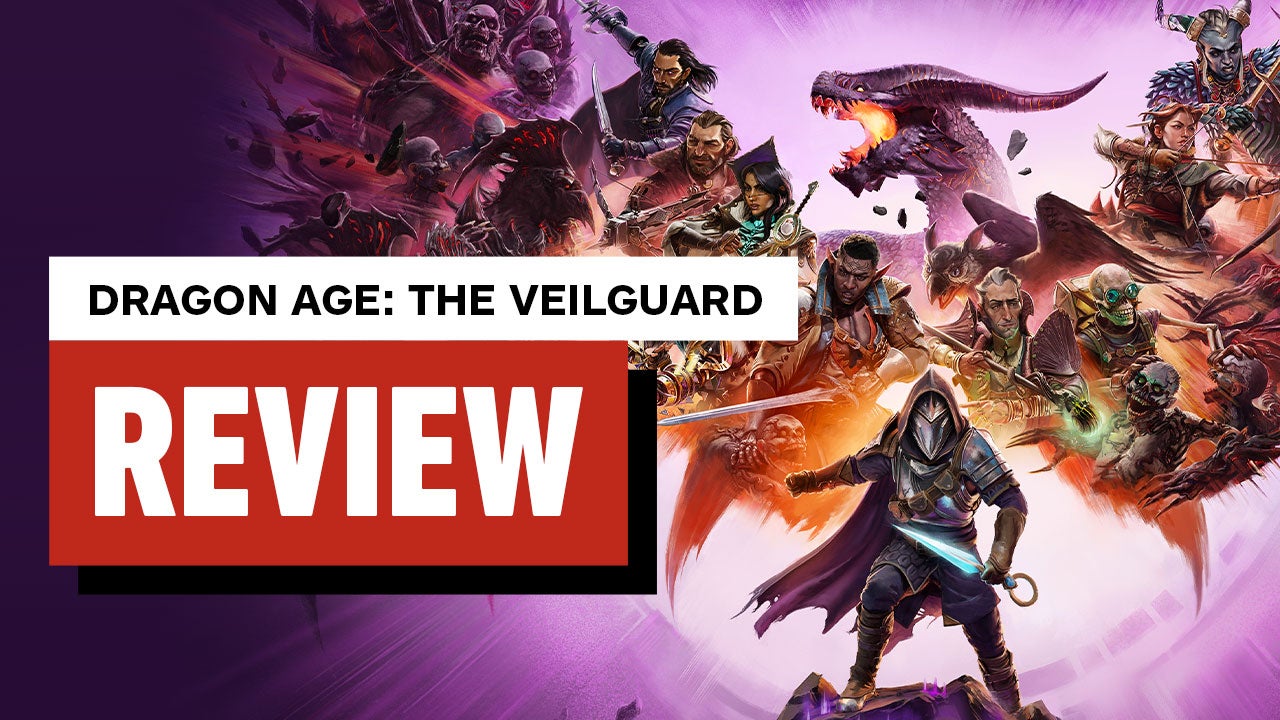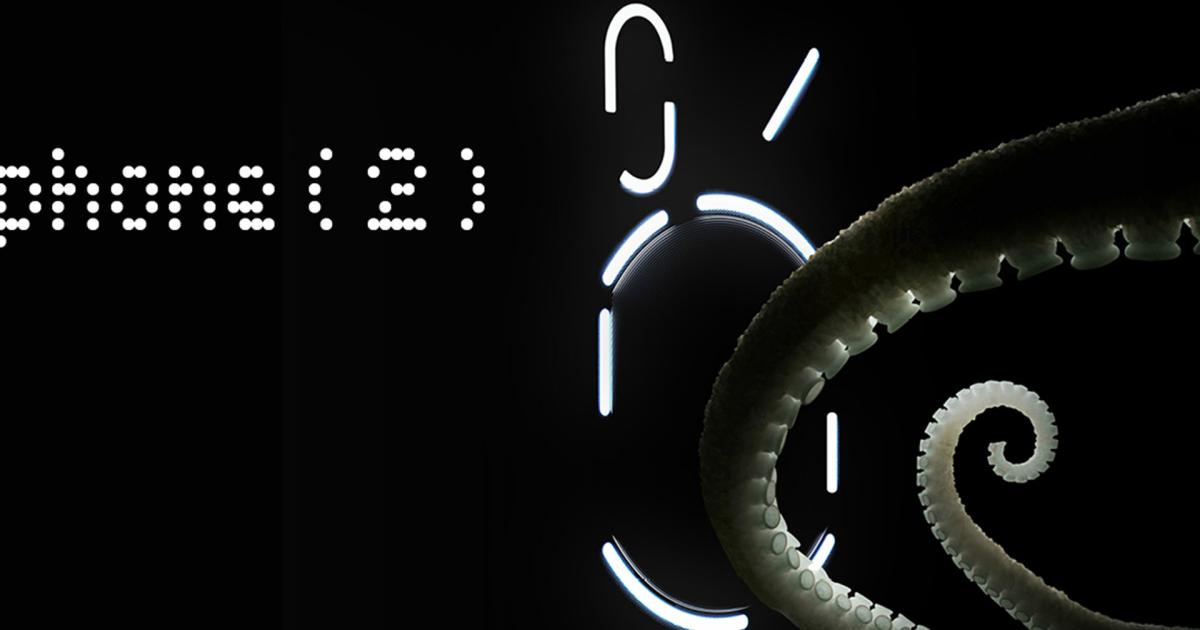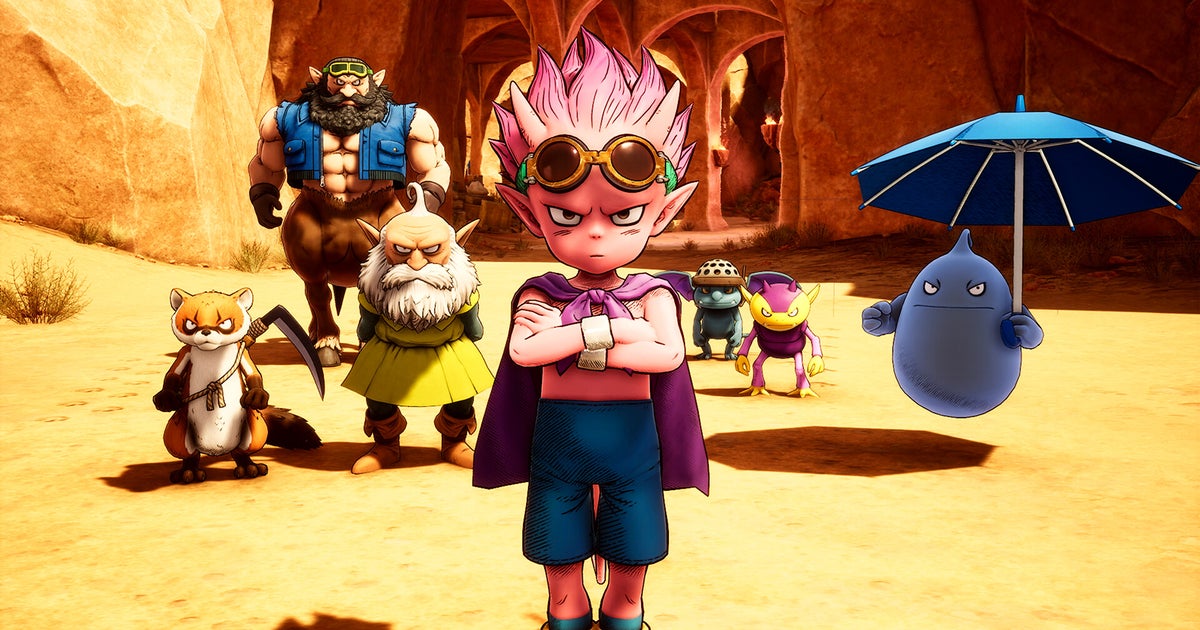As I excitedly slashed, blasted, wooed, looted, and delved my way through the stunning and enthralling world of Dragon Age: The Veilguard, I kept having one thought: “Wait, BioWare made this? 2024 BioWare?” With this game coming in the wake of the debacle that was Anthem, itself preceded by Dragon Age: Inquisition and Mass Effect: Andromeda, which were both merely alright in hindsight, I wasn’t sure these former masters of the roleplaying game craft could make a game like this anymore. But putting together my team of interesting and endearing companions to save the world felt like getting the old band back together, in more ways than one.
The scope of this adventure is the whole North of Thedas, sending you from the coasts of Rivain to the blighted wilds of the Anderfels as you attempt to prevent the rise of an ancient and menacing evil. It was thrilling as a long-time fan of the series to finally see so many of the places I’d only read about in a journal entry way back in 2009. And the way BioWare has us go about that exploration is very focused and deliberate.
How Do You Rank Dragon Age’s Companion Characters?
How Do You Rank Dragon Age’s Companion Characters?
Veilguard’s level design was one of the first things that jumped out at me, reminding me of the original Star Wars: Knights of the Old Republic more than anything. The slick, looping corridors with just enough little nooks to discover are cleverly interconnected in a way that proves how a BioWare-style RPG gains a lot and loses almost nothing by ditching the idea of a fully open world. (The exceptions to that are a couple of the more vertical sections of the city of Minrathous, which can be a pain in the ass to navigate.) Across the board, the environment art is really jaw-dropping, from the desolate peaks of Kal-Sharok to the surreal, floating elven ruins in Arlathan Forest.
I was very pleased with the character designs, too. The armor and outfits are fabulous. I spent more than an hour in the character creator, like I usually do, and came out with a version of our protagonist, Rook, who delighted me every time she was in frame. This might be some of the best-looking hair I’ve ever seen in a video game.
Even with all of that visual splendor I was able to get a stable 60 fps at 4k on my RTX 4070 Super with DLSS set to maximum performance, which usually didn’t affect the visual quality in very noticeable ways. The one exception to this was in the late game, when there could be so many spell effects going off at once that I’d not only lose frames, it’s also difficult to even see what’s actually going on.
Through the crackle and sparks, though, Veilguard’s combat is definitely a refinement of what we saw in Dragon Age 2 and Inquisition. I’ve always preferred the more tactical style of Dragon Age: Origins or Baldur’s Gate 3, but that ship sailed so long ago for this studio, not even the Evanuris remember what it looked like. And so, judging this very action-focused combat system for what it is, it’s pretty good! BioWare has committed fully to the fast-paced style and refined it to a point that I enjoy it quite a bit. And the ability to pause to issue party members orders, just like in Mass Effect, still gives some opportunity for more tactical players like myself to look around the battlefield and consider our next move. It definitely feels better on a controller than mouse and keyboard, though.
I was somewhat disappointed that party members are more like extensions of your own character in combat at this point rather than their own entities. They don’t even have health bars, for instance. They can’t be knocked out in combat, whereas you instantly lose an encounter if Rook goes down. They do have equipment slots and skill trees, though less than what Rook gets. But overall, the amount of customization available for the whole squad through piles and piles of interesting, upgradeable loot was more than enough to satisfy my RPG appetites, if not fulfill my wildest fantasies of intricate battle management.
In my 100-hour near-100 percent, almost obsessively completionist playthrough, I styled Rook as a Spellblade – a mid-ranged melee hybrid mage – and really enjoyed the play style once I’d unlocked all of my core tools. Dancing with a dagger through a lightning storm I summoned, darting out of danger and then back in for a lethal blow, is just a really good time that rewards precise timing and wise target prioritization. This isn’t the tactical Dragon Age of my youth, but it is a Dragon Age I can vibe with.
And the highlights of combat are definitely the boss fights, which offer a really satisfying challenge even on the default difficulty. While standard mob fights with Darkspawn or Venatori cultists eventually got a little repetitive after 90-plus hours, going up against a High Dragon never failed to get my blood pumping as I had to carefully study attack patterns and think on my feet.
In the sense that a BioWare RPG is really about your companions, also known as the friends we made along the way, this might be the most BioWare game of all time. Not only is the whole squad made up of complex, memorable, likable, distinct personalities from across Thedas, but they’re all treated as the stars of their own story. Veilguard is light on that classic kind of side quest that’s like, “Help Bingo Bongo find some nug grease,” and I don’t miss those much because they’ve been replaced by full-length heroic arcs for each companion, with twists, turns, a personal nemesis, major character developments, and a moment of triumph fit for a protagonist rather than a sidekick. It’s like the writers took the loyalty missions from Mass Effect 2 and blew them up into seven miniature games of their own. Almost every side mission ties into one of these, which obliterates the sense that you’re doing busywork.
Picking a favorite of the seven Veilguard members to talk about genuinely feels like an impossible task. I really want to say all of them are my favorite. But I had a rewarding romance with the stoic Grey Warden, Davrin, and became the mother to his fledgeling griffon pal, Assan, so he’s got to be my pick for this playthrough. Seriously, if anything ever happens to that little guy, I will wash Thedas away in a tide of fire. The Vincent Price-inspired gentleman necromancer Emmerich is also a delightful twist on the usual edgy goth death mage tropes.
And while we’ve been asked by the devs not to spoil specifically who I’m talking about here, as a non-binary person myself, Veilguard includes some of the most authentic representation of coming to terms with gender stuff – and having to navigate your family’s reaction to it – I’ve seen yet in a game. It doesn’t feel like an after school special or like I’m being pandered to. It’s quite well-handled, and finding out that the writer for this character is non-binary themselves did not surprise me at all.
The larger plot that’s threatening the world in the background as we’re doing all of these more personal quests is nothing particularly outstanding in its overall structure. We need to unite some factions to fight some evil gods who are trying to do bad things with tentacles. The major wrinkle that makes that interesting, however, is Solas – also known as the Dread Wolf, elven god of lies and rebellion – waiting in the wings, keeping me guessing about whether he was a friend or foe.
As a continuation of the Dragon Age series, Veilguard does feel a little disconnected from where we left off a decade ago. If you were expecting decisions from previous games in the series to carry over, I’m sorry to say they’ve never mattered less. You only get to import three choices, one of which only comes up in the context of a single letter you may or may not find and read. You do get to recreate your Inquisitor from Dragon Age: Inquisition, the same way Inquisition let you recreate your Hawke if you played Dragon Age 2. And the Inquisitor ends up being a fairly important character, which was cool.
But things like who you chose to make head of the Chantry at the end of Inquisition never come up. There’s no sign of the Warden from Origins, even though you visit the stronghold of their order. Hawke gets only a passing mention. There are some other cameos from both Origins and Dragon Age 2, but those characters conspicuously don’t reference any important choices you may have made in their presence. This story feels like both a send-off and a soft reboot, in a way, which was paradoxically a bit refreshing and disappointing at the same time.
The pacing early on is kind of weird, too, and I felt like I could practically smell the rewrites. For example, it’s hilarious that no one ever says the word “Veilguard” out loud across the 100 hours I played of this dialogue-packed campaign, exposing a last-minute marketing pivot for what it was. But it doesn’t take too long for things to get on a good track, story-wise, and when they do, they stay on it.
Aside from one huge choice you’ll make early on, the most interesting bits of narrative design don’t come until the very end of Veilguard’s story. And again, it’s hard to dig into this too much without spoiling something, but the finale is also very much in the spirit of Mass Effect 2, which has an ending that, up until now, may have been the best series of complex consequential choices ever featured in an RPG. The sacrifices I had to make in the closing hours hurt. The wise decisions I made paid off. And I even got the chance to dramatically flick an ace out of my sleeve at the last moment, specifically because I took a very thorough and careful approach to everything leading up to it. That felt like the ultimate reward.
Throughout all of that, the cinematic flair is off the charts, proving that BioWare is unmatched in the RPG world in that discipline. So much of the best stuff I can’t even tell you about, but parts of it felt like watching a big-budget fantasy movie in the best ways. A triumphant and effective – if not quite iconic – score elevates these moments further.



